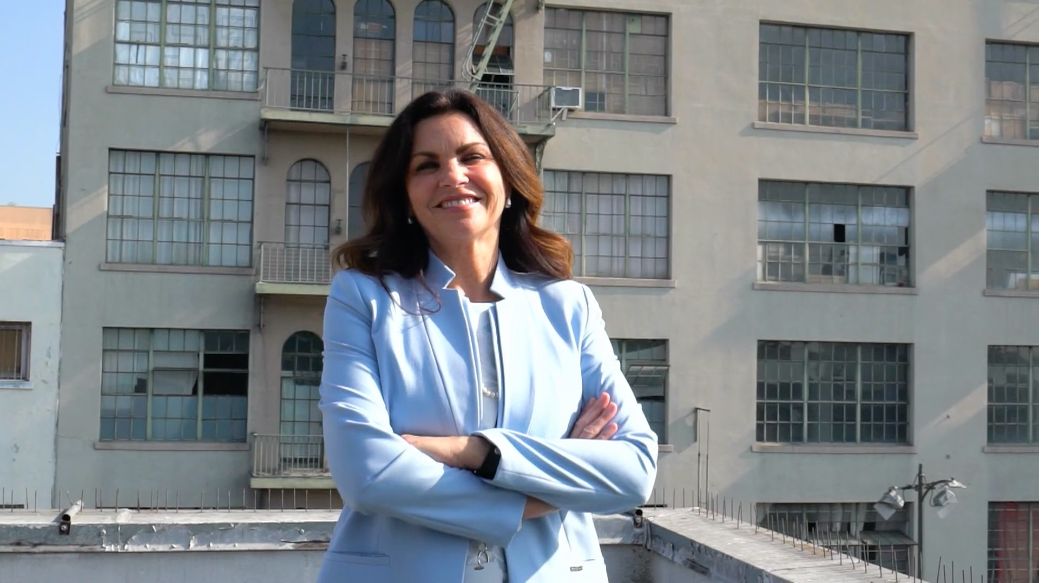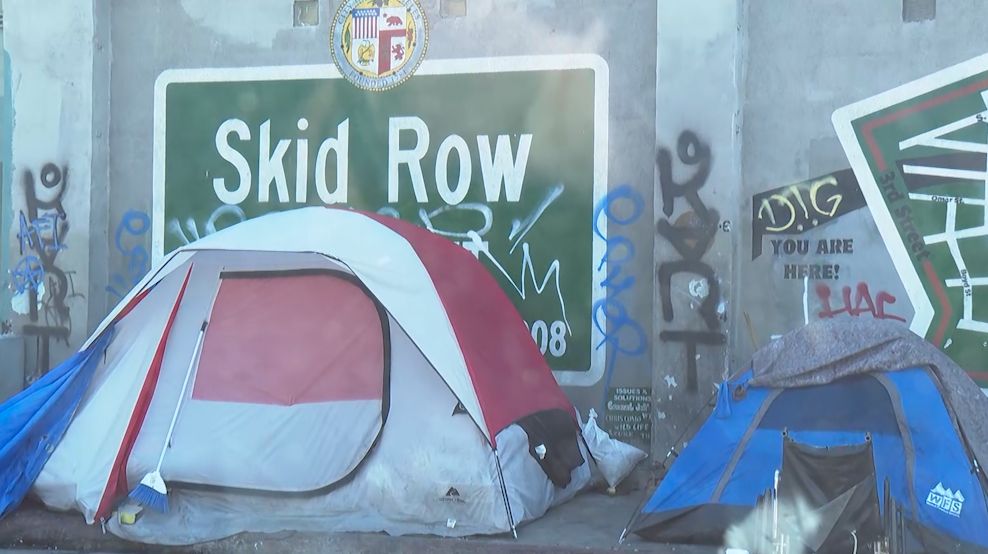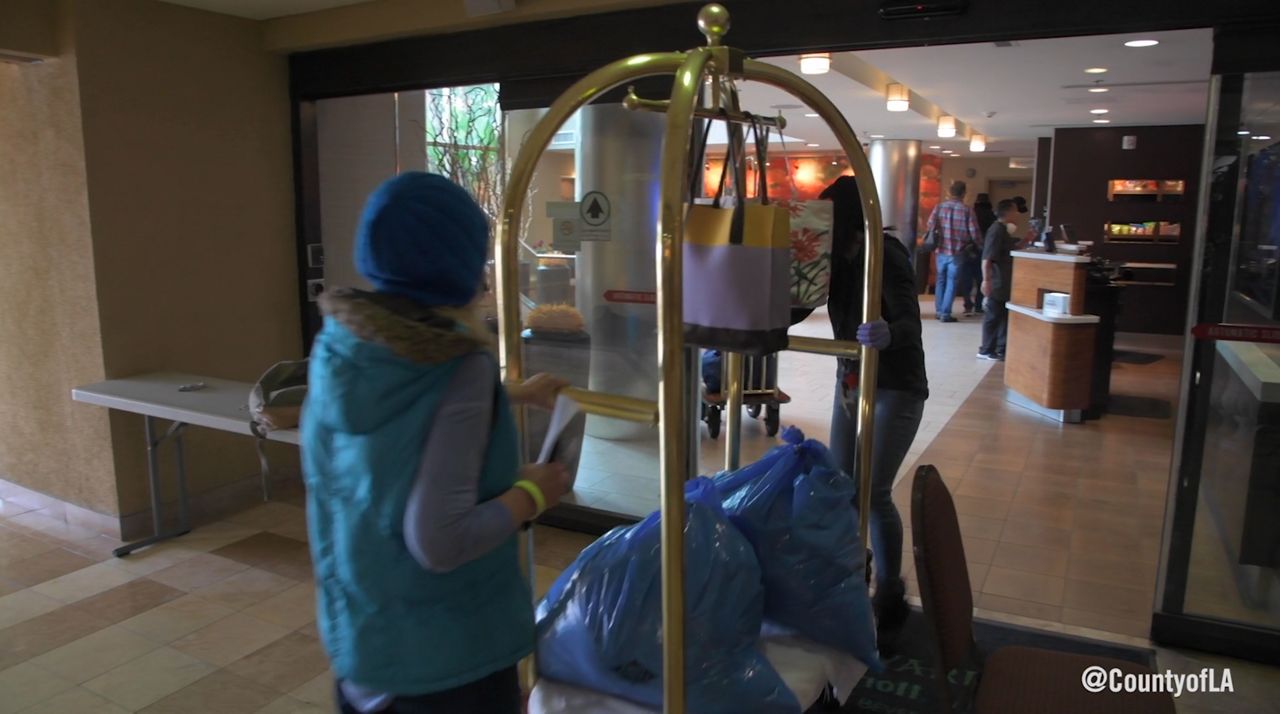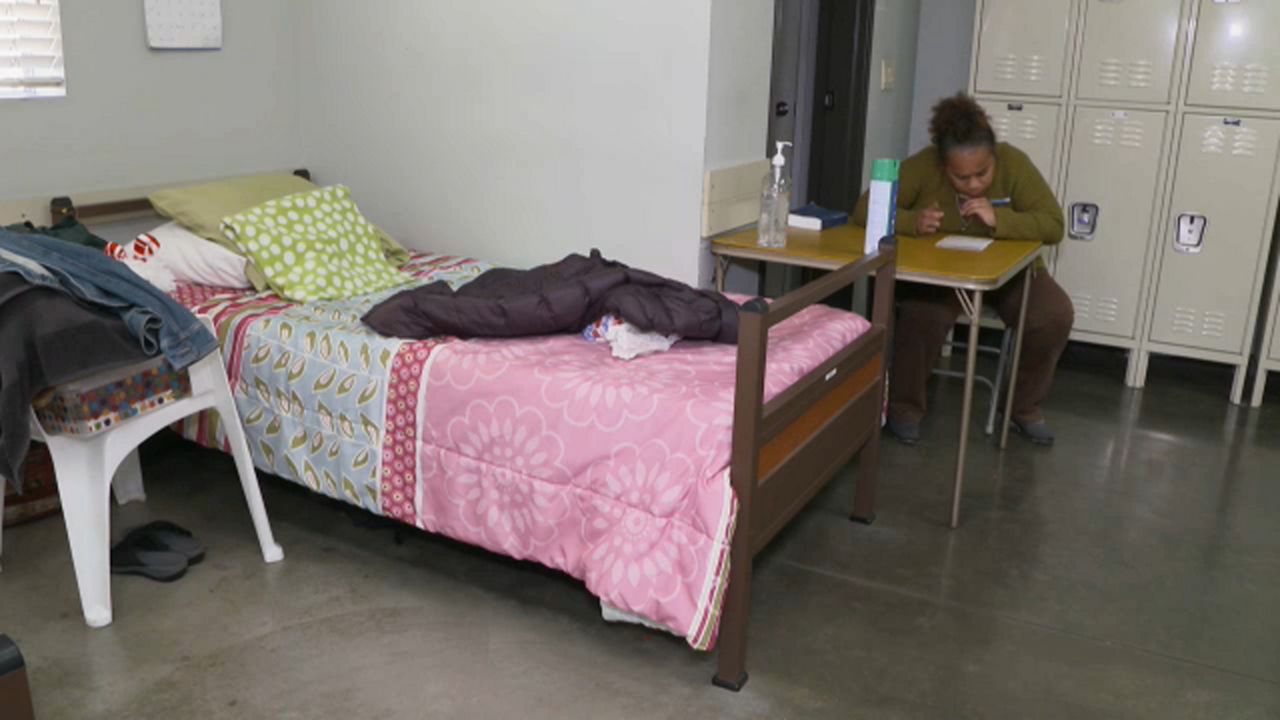Editor's note: Spectrum News 1 reporter Itay Hod spent 24 hours in a homeless encampment in Hollywood following the Velez family, homeless for seven years.
Here is Part 1 of his report.
(For Part 2 click here)
It’s 4 o'clock on a Thursday afternoon and Judy Velez is heading home… to an overpass just above the 101.
“A lot of people don’t understand that not all homeless people are bad people,” Velez told Spectrum News 1. “Some of us are good people.”
In another lifetime, the Velez family had a home in Monrovia, a four-bedroom, three-bath house.
Now Judy, her husband Enrique, and three of their four kids spend their days surviving as best they can. And they’re just one family among 60,000 other homeless people in L.A. County, a number on the rise despite major investment in fighting the problem.
They ended up on the streets seven years ago, after Enrique was stabbed during a dispute, an incident that left him disabled and sent the family into a downward spiral.
I joined Judy and her son Henry as they headed to a nearby soup kitchen run by the Hollywood Food Coalition.
Everyone’s welcome here on one condition: You tell Crisco Goff your name. He mans the front door.
Goff greets up to 250 people, five times a week, and for many, this is their only meal of the day.
“We deal with a lot of mental illness and substance abuse. When I say substance abuse, that goes along with addiction,” Goff said. “They can’t function in the normal realm of society. They just can’t do it.”
Tonight’s meal: bacon, egg and cheese sandwiches, chicken and couscous and even a vegetarian option
You’d be surprised to learn that food is not Judy’s biggest issue, even on days when she can’t walk the three blocks to the soup kitchen because of her diabetes.
That’s when Rosie Hunter of the Covenant House youth shelter comes to the rescue. Four times a week, Hunter arrives in her van with supplies.
“We just meet them where they are and feed them where they are on the streets and give them what they need like hygiene kits, blankets, food,” Hunter said.
After dinner, the Velez family starts setting up camp. Henry, has it down to a science. He’s gotten used to sleeping on concrete but it took a while.
“I didn’t sleep for about two months,” he said.
Each day, the Velez family has to put up their tent, only to take it down the next morning. They are only allowed to put up their tents between 9 p.m. and 6 a.m., when the cops arrive.
While most Americans are watching prime-time TV, Judy and Enrique watch the cars go by.
Judy says she never thought she’d ever end up here. Not in a million years.
“Sometimes I think I’m dreaming. You know? We had it all,” she said. “There was a Jacuzzi inside my bathroom.”“Sometimes I think I’m dreaming. You know? We had it all,” she said. “There was a Jacuzzi inside my bathroom.”
But the hardest part was having to tell her kids.
“How do you tell your child you’re homeless?” she said. “How do you tell your child you have to sleep behind a trash can?”
She knows how people look at her, she can feel it.
“People walk by us like we’re scary or something. We’re not. Don’t be afraid to say hi,” she said.
Before turning in, Judy calls her daughter Angel, who’s about to give birth.
I ask Judy if she ever experiences joy.
“We’re together,” she told me. “That’s all that matters.”
Around midnight the Velez family gets ready for bed. This is nothing like camping. It’s cold, it’s hard, it smells, and it’s scary.
Sitting inside the tent, you can clearly hear the cars drive by, not to mention the people walking by.
Life like this is day by day. But as Judy wakes up, she’s got a reason to smile.
“We’re going to get breakfast at Tommy’s, some breakfast burritos on the go and then we’re going to see my daughter,” she said.
We’re 14 hours into our experience with the Velez Family, with another 10 to go.
(Click here for part 2: "24 Hours on the Streets of Hollywood")









